Race and Ethnicity: White
Dunnington, John William
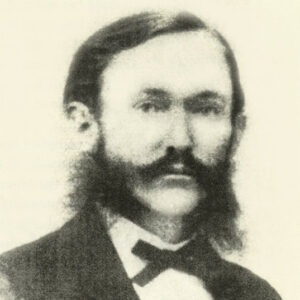 John Dunnington
John Dunnington
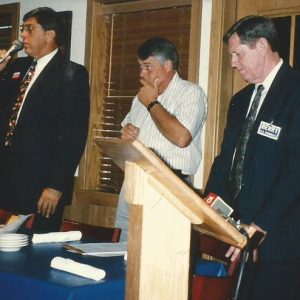 Dupwe vs. Berry
Dupwe vs. Berry
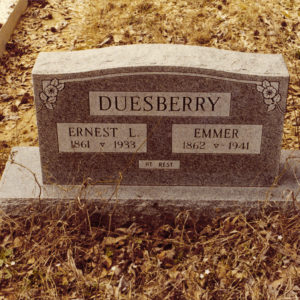 Dusenbury Grave
Dusenbury Grave
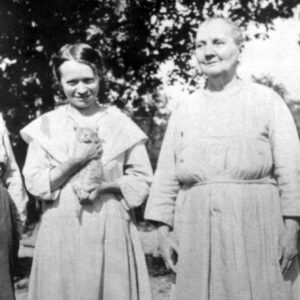 Emma Dusenbury
Emma Dusenbury
Dusenbury, Emma Hays
DuVal, Elias Rector
Duvall, Leland Blaine
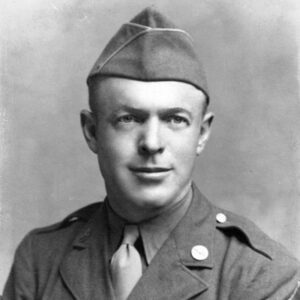 Leland Duvall
Leland Duvall
 Leland Duvall
Leland Duvall
Dyer, Donald Gene
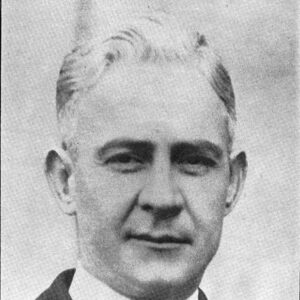 W. R. Dyess
W. R. Dyess
Dyess, William Reynolds
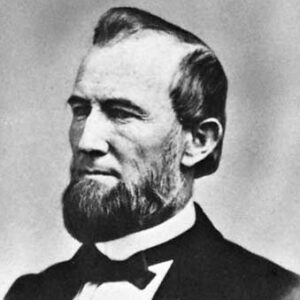 James Eads
James Eads
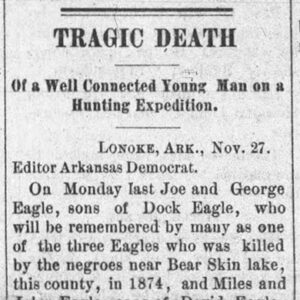 Eagle Murders Article
Eagle Murders Article
Eagle Murders of 1873
Eagle-Booe Feud
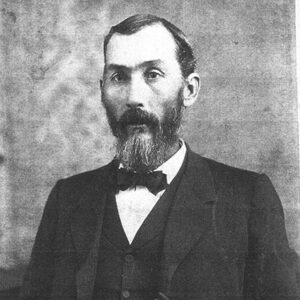 William H. Eagle
William H. Eagle
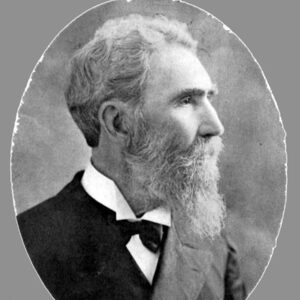 James Eagle
James Eagle
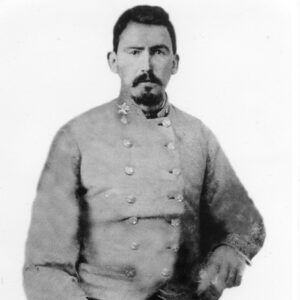 James Eagle
James Eagle
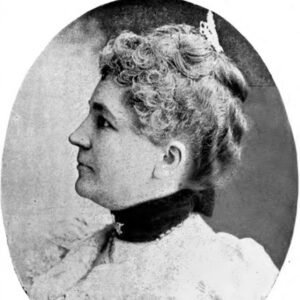 Mary Eagle
Mary Eagle
Eagle, James Philip
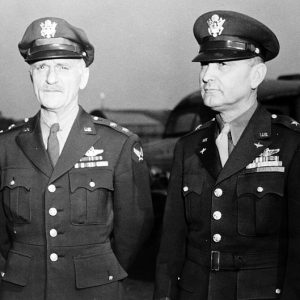 General Ira C. Eaker
General Ira C. Eaker
Eakin, Jno
aka: John Rogers Eakin
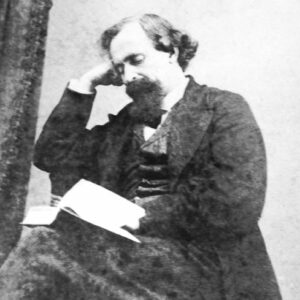 John Eakin
John Eakin
Earle, Fontaine Richard
Earle, Josiah Francis
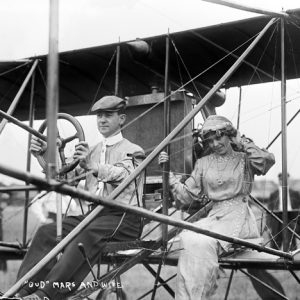 Early Aviation
Early Aviation
Eastham, Alan, Jr.
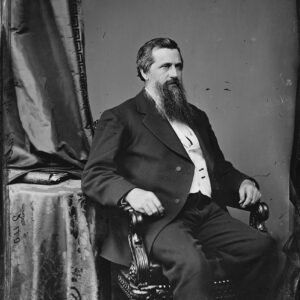 John Eaton
John Eaton
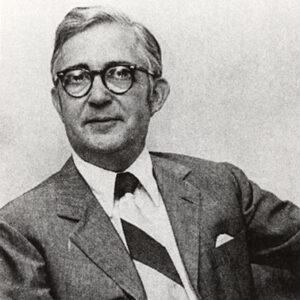 Duncan Eaves
Duncan Eaves
Eaves, Thomas Cary Duncan
Eberle, Edward Walter
 Ed Stilley
Ed Stilley
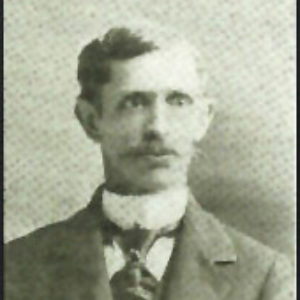 H. S. Edington
H. S. Edington
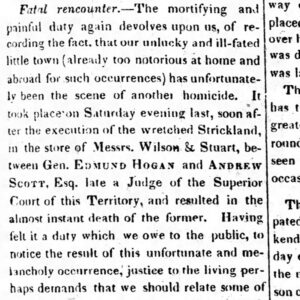 Edmund Hogan Death Story
Edmund Hogan Death Story
Edmunds, Howard (Execution of)
 The Education of Ernie Dumas
The Education of Ernie Dumas
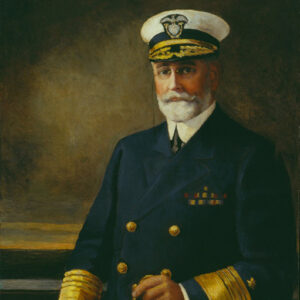 Edward Walter Eberle
Edward Walter Eberle
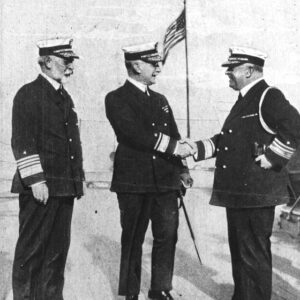 Edward Walter Eberle
Edward Walter Eberle
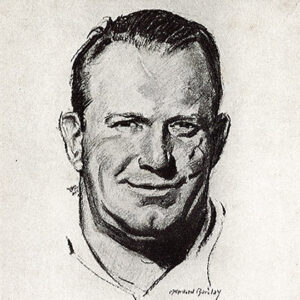 Daniel Edwards
Daniel Edwards
Edwards, Daniel Richmond
Edwards, John
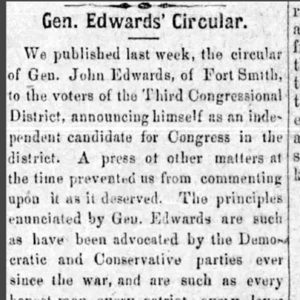 John Edwards Endorsement
John Edwards Endorsement
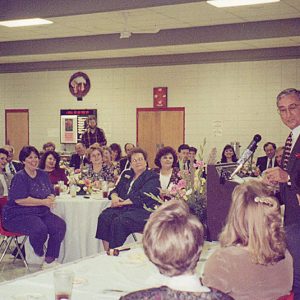 Paul Eells
Paul Eells
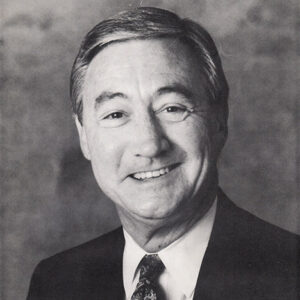 Paul Eells
Paul Eells




